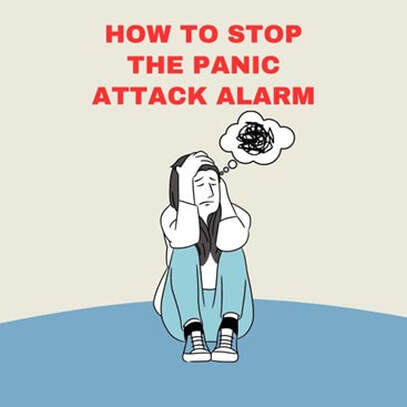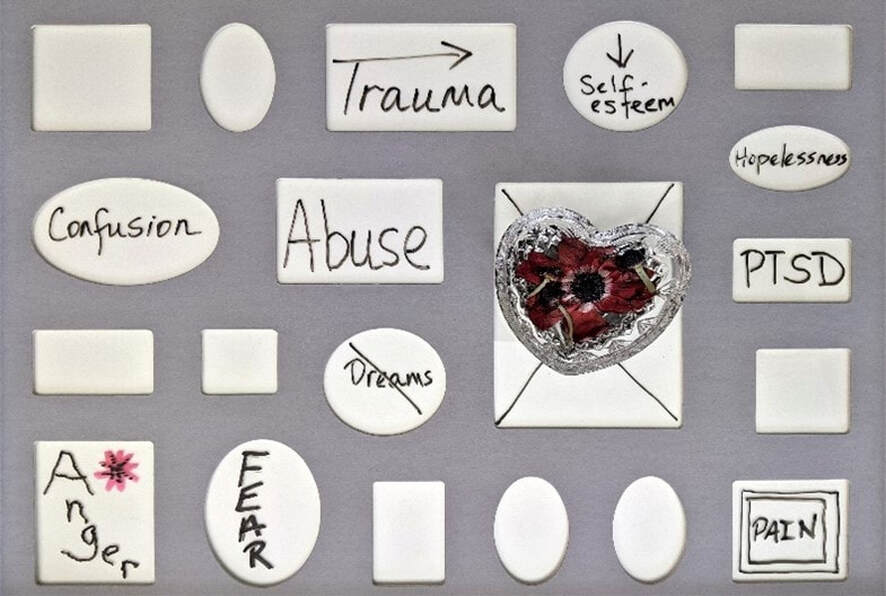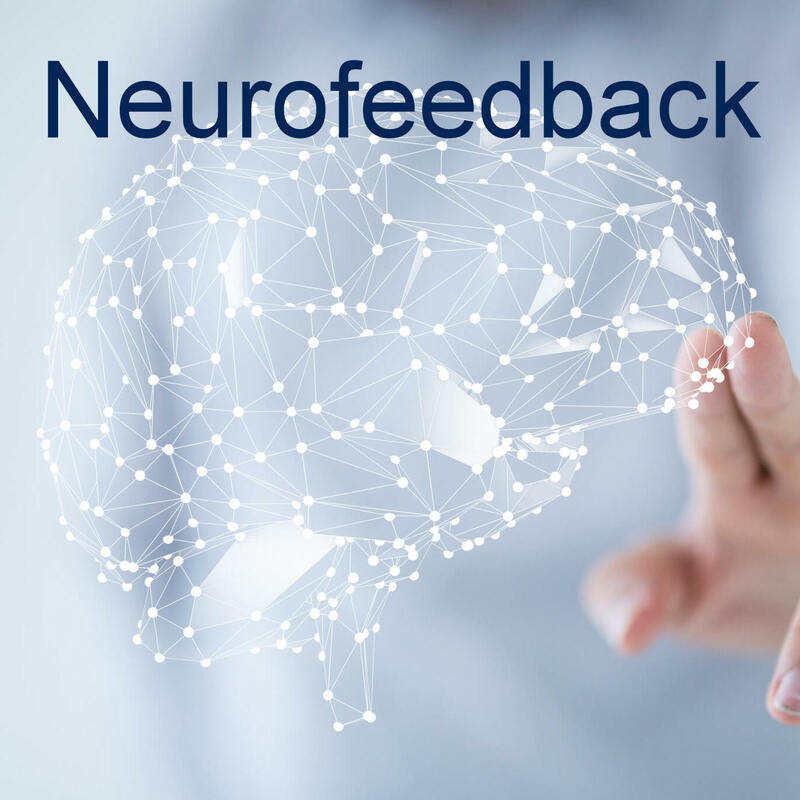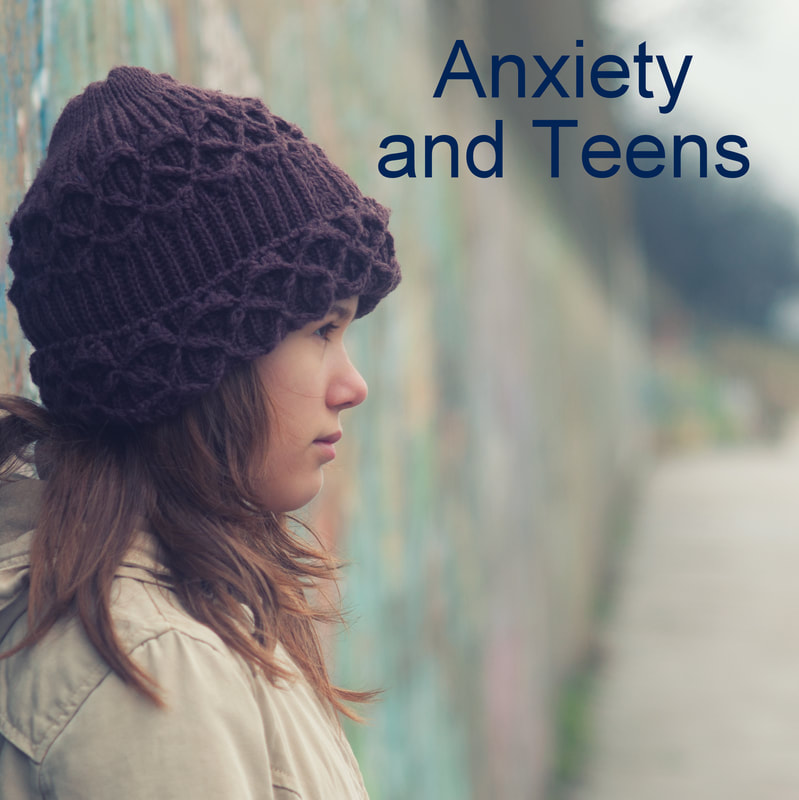|
by Linda Montalbano, LPMHC  Have you ever experienced a panic attack? Heart pounding…thoughts racing…stomach rolling…palms sweating…ears ringing…Maybe you have experienced all these symptoms, or for you, symptoms look differently. No matter the symptoms, it can be terrifying. Some people feel as though they may be having a heart attack. Others describe panic attacks as a sense of dread. It is frustrating; it is scary. However, panic attacks can be managed successfully! It is helpful to understand what triggers panic attacks. Common causes of anxiety include: Work/school pressures Stories in the news Family issues: a sick loved one, a death Relationship issues Peer pressures Social media Changes/life transitions The pandemic Trauma Learned behaviors: mimicking others who experience panic attacks. Once we recognize what could be causing or triggering the panic attacks, it is easier to understand why they occur. Working on or through the triggers can help reduce the onset and severity of panic attacks. But there are some useful tips to reduce the symptoms of panic attacks.
0 Comments
by Bryan Johnson, LMSW Therapists are individuals who are trained to help others with the many difficulties they can experience in their lives. They are empathic, kind, knowledgeable and authentic. The media does not always view therapists in the same light!
An example of this is from the movie “The Santa Clause.” In this movie, there is a character who is a child psychologist, and the film portrays him as being very obnoxious and a know-it-all. This type of portrayal has impacted how individuals view therapists and all mental health workers. While this movie was made in the 90’s, this is still a common theme in today’s media. A movie produced more in the present, “Split” is based on an individual who has 23 different personalities and is seeing a psychologist for therapy. This psychologist became so emotional and invested in this patient that her inappropriate interactions cost her her life. These shows are just two examples of a wide variety of mental health characters that have been portrayed wrongly to the public. No wonder so many people "don't believe" in therapy or wonder how talking to someone can even help. But what is the difference between media portrayals and real life therapy? By Andrea Panebianco, MS What is trauma? Trauma is a lasting emotional response that individuals experience once having lived through a distressing or painful event. While many people endure traumatic events, it is important to remember that the experience of trauma can significantly impact one’s ability to function in their everyday lives. This notion is particularly true for adults and children who have experienced prolonged trauma, including trauma related to pervasive racism, poverty, and other adversities.
So, with this, what is executive functioning? Executive functioning includes a multitude of mental processes that enable us to communicate, attend, focus, and multitask; it helps us remember and apply information, plan and achieve goals, and make healthy decisions for ourselves and others. Importantly, these types of skills are related to the physical development of our brains. Executive functioning, therefore, is a crucial element for maintaining academic, cognitive, social, and behavioral success throughout our lifetime. How, then, does trauma impact someone’s executive functioning skills? by Janet Whyte, LCSW It is no secret that regular exercise has numerous health benefits. Aside from the more obvious physical benefits, there are many ways in which exercise is found to improve mental health. Exercise is proven to help decrease symptoms of anxiety, depression, improve the body’s ability to respond to stress, increase self-esteem, improve sleep, and improve memory. Recently, a study published in the Journal of Physiology found that six minutes of high-intensity cycling could delay the onset of neurodegenerative disorders, such as Alzheimer's and Parkinson's disease. Exercise releases endorphins, or “feel-good” brain chemicals that can enhance your sense of wellbeing and therefore reduce feelings of depression and anxiety. Exercise can help improve sleep, and this in turn has a positive impact on mood, attention, and memory. Additionally, mindfulness can be incorporated into your exercise routine as you pay closer attention to the feeling of your feet hitting the ground, the pace of your breathing, or the feeling of your muscles as they are working hard. When you are focused in on your body during a workout, this may help shift your focus away from any anxious thoughts.
|
Archives
October 2023
Categories
All
|




















